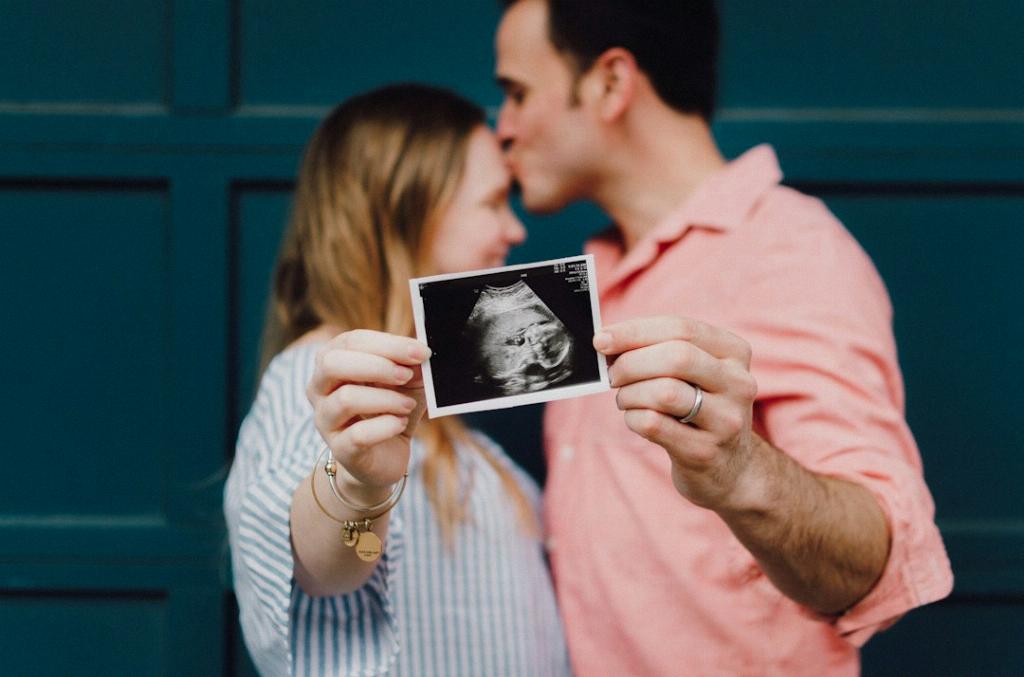Advanced Maternal Age (AMA) refers to the term used in the medical field to describe pregnancy in women who are over the age of 35. It is essential to note that AMA pregnancies come with their unique set of challenges and considerations due to the age of the mother.
As maternal age increases, especially beyond 35 years old, the likelihood of certain risks and complications during pregnancy also tends to increase. These risks can include gestational diabetes, high blood pressure, chromosomal abnormalities in the baby, and even a higher likelihood of Cesarean section.
However, it is crucial to remember that every pregnancy is unique, and not all women over 35 will experience these complications. Regular prenatal care and monitoring can help in managing these potential risks and ensure a healthy outcome for both the mother and the baby.
Additionally, pregnancies in women over 35 are often classified into different categories based on maternal age. For instance, women over 40 are considered to be at Very Advanced Maternal Age (VAMA), while those over 45 are classified as Extremely Advanced Maternal Age (EAMA).
Healthcare providers may recommend additional screenings and tests for women with AMA pregnancies to monitor the health and development of the baby more closely. These screenings can include genetic testing, fetal ultrasounds, and more frequent check-ups to ensure everything is progressing as expected.
One of the prominent concerns in AMA pregnancies is the increased risk of chromosomal abnormalities in the baby, such as Down syndrome. Due to this higher risk, some women may opt for prenatal genetic testing to assess the likelihood of these conditions and make informed decisions about their pregnancy.
Women who are planning to have children later in life should consult with their healthcare provider to understand the potential risks and options available to them. Preconception counseling can be beneficial in addressing any concerns and preparing for a healthy pregnancy.
In conclusion, AMA pregnancies are becoming more common as women choose to delay childbearing for various personal reasons. While these pregnancies may come with increased risks, with proper medical care and support, many women over 35 can have successful and healthy pregnancies.

